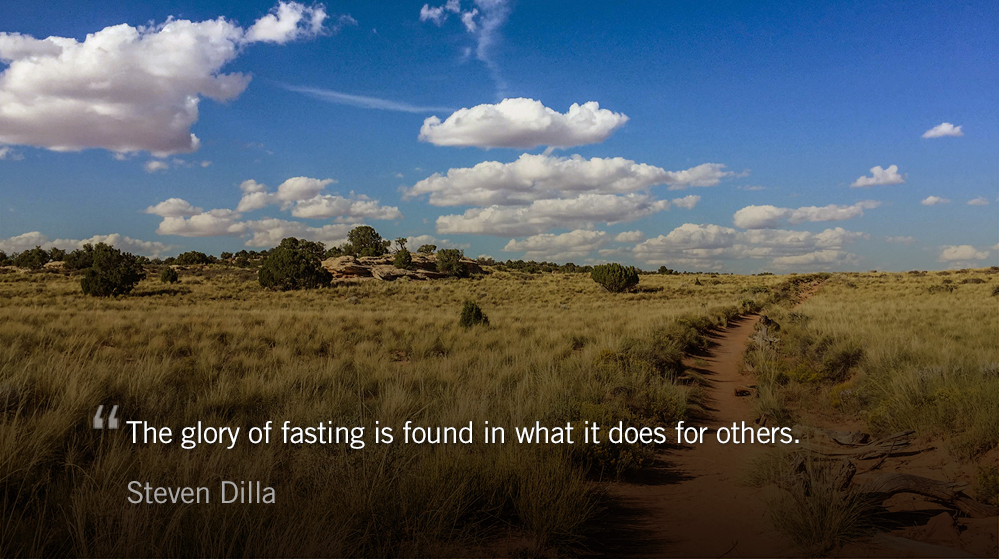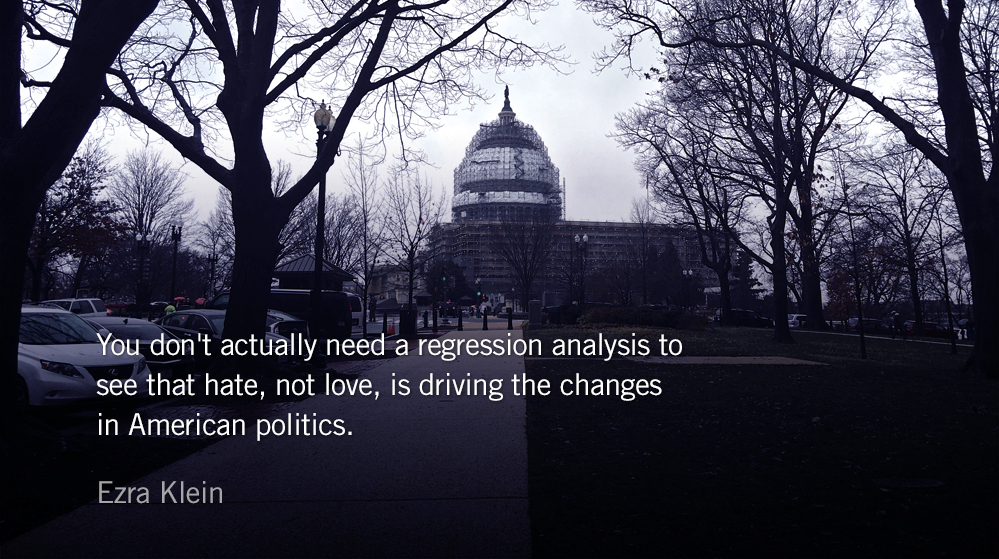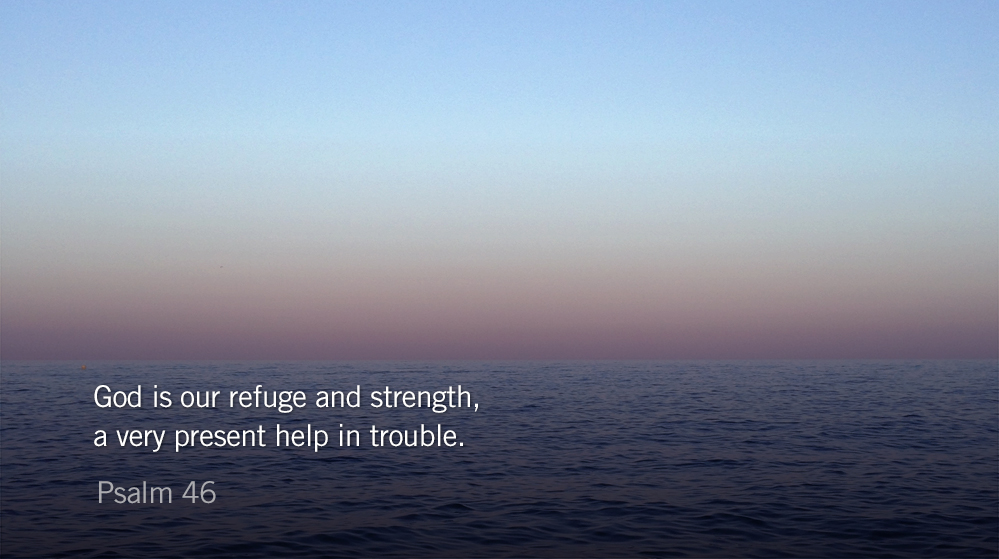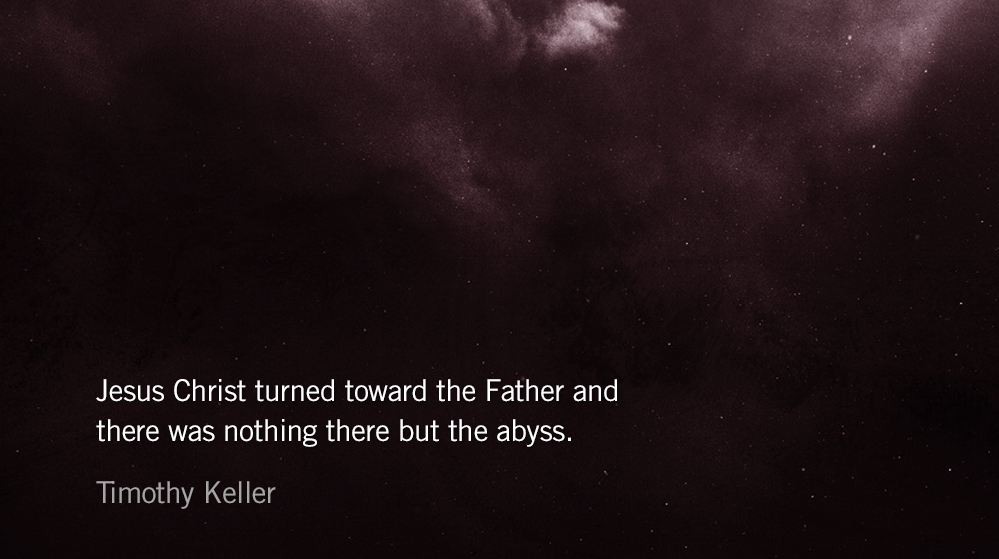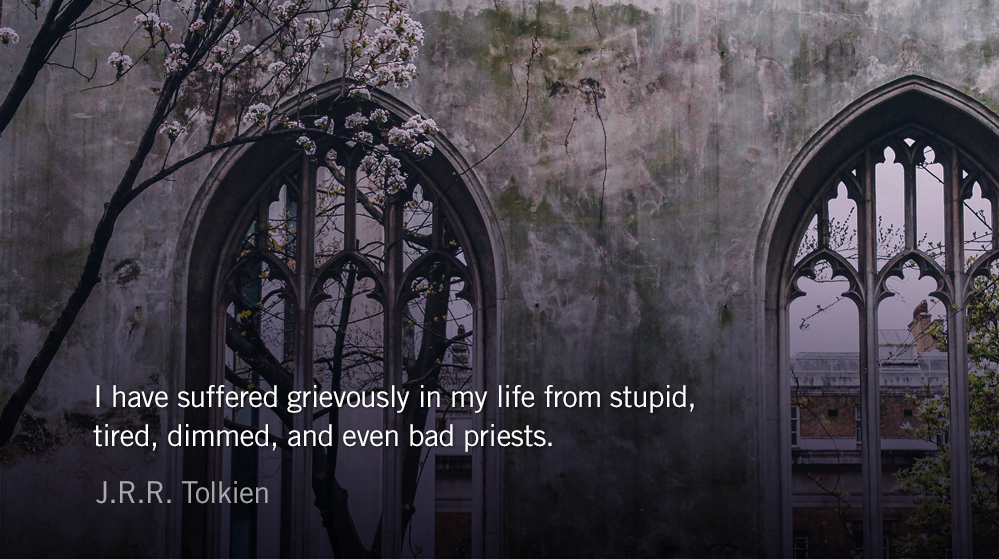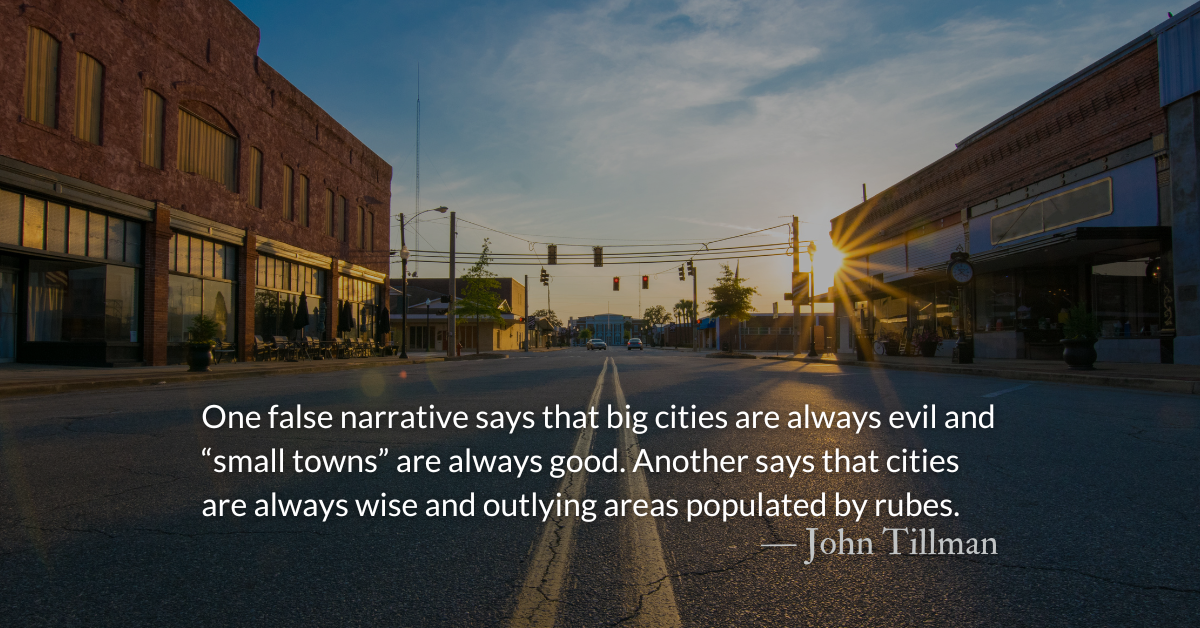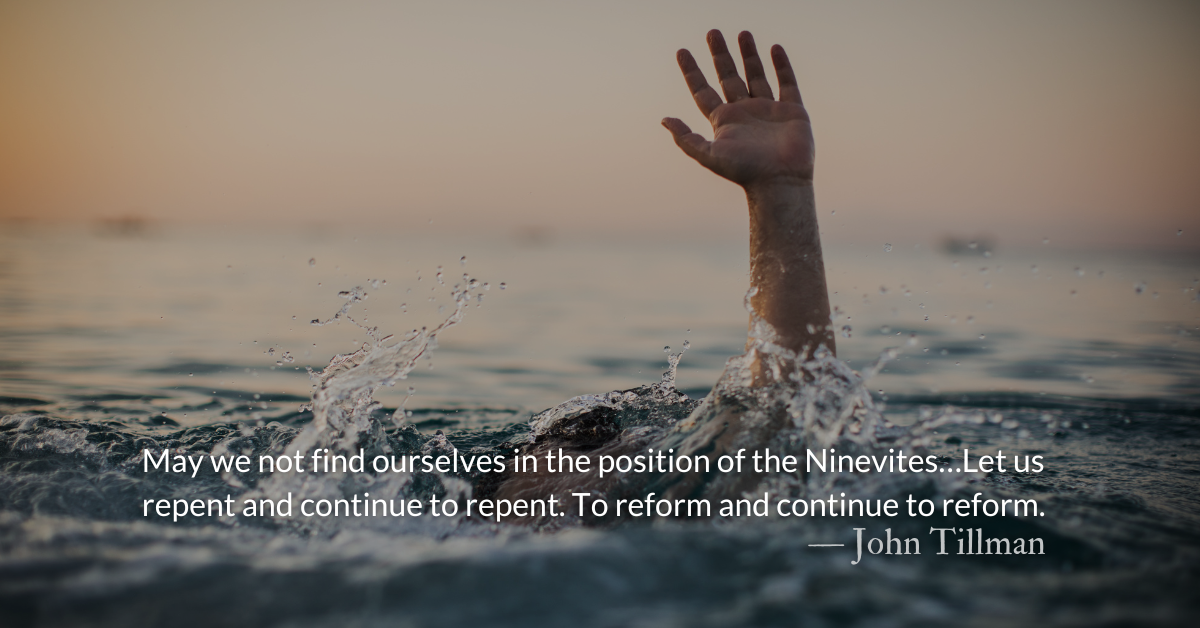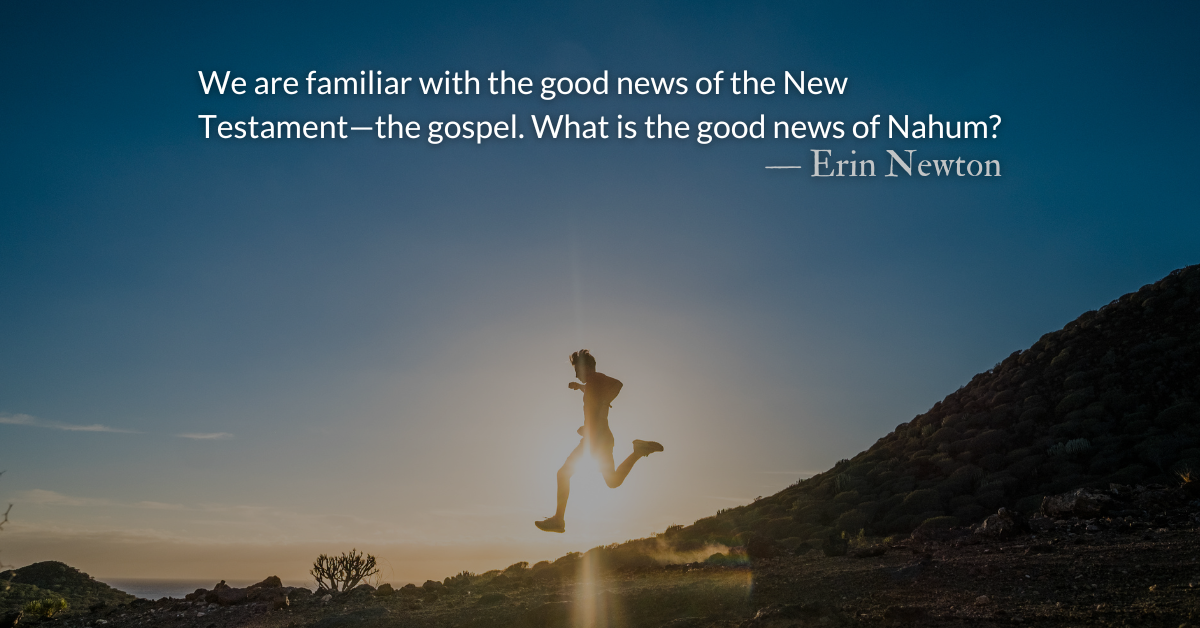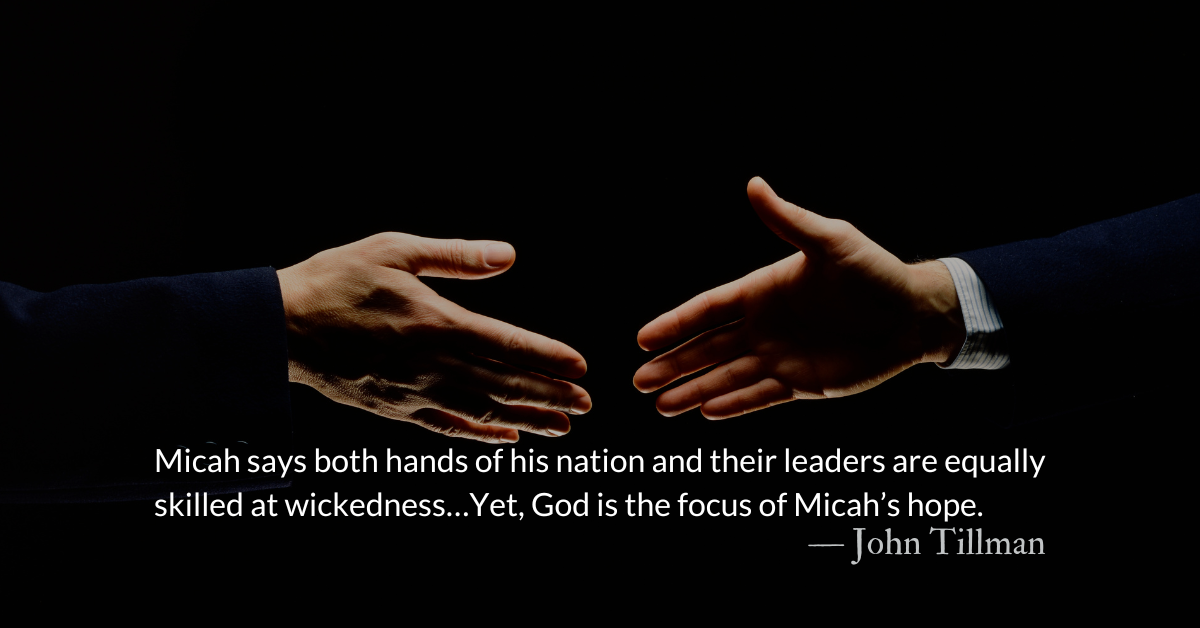I am “processing” with a hungry heart and wanting to learn. I continue to learn about these truths with gratitude. 2 Peter 3:18 — “To God be the Glory” — Linda
Readers’ Choice (Originally published February 5, 2016)
Faith, like generosity, grows when a person transfers their focus outside of themselves. By prioritizing those around us we experience growth—the same happens when the object of our faith becomes our heart’s joy and priority. When generosity and faith combine a person experiences the glory of the two greatest commandments: to love the Lord your God with all your heart, soul, and mind, and to love your neighbor as yourself.
No act of virtue can be great if it is not followed by advantage for others. So, no matter how much time you spend fasting, no matter how much you sleep on a hard floor and eat ashes and sigh continually, if you do no good to others, you do nothing great. — John Chrysostom
The season of Lent, which begins next Wednesday, is marked by fasting. “In Scripture, we see that fasting is a sign of sorrow over sin, a sign of repentance, and an aid to prayer,” observes Kevin P. Emmert. Yet if these were the only reasons to fast it would not have made sense for Jesus to fast 40 days before beginning his ministry—Christ had no sins for which to be sorrowful or repentant and lived his life in direct communion with the Father.
In his article—titled as a call to action—A Lent That’s Not For Your Spiritual Improvement, Emmert writes,
The truth is Christ didn’t forego privileges and battle for humanity for only 40 days. The scene of Jesus in the wilderness is a synecdoche for his entire early life—and ultimately his incarnation… Christ made himself nothing by becoming a servant. He did not use his divinity to his own advantage, as Paul put it, but largely to walk a life-long path of self-sacrifice.
Christ’s whole life was lived on behalf of others, a continuous pursuit of others’ wellbeing. And Christ’s fast in the wilderness is a crucial example of that reality.
The ancient Jews expected the Messiah to grow in power and control—instead Jesus grew in wisdom and favor with God and man. They expected him to conquer and overthrow—instead he sacrificed and served. Emmert continues, “If we want to imitate his life and his fast to the degree we can, then we should consider fasting on behalf of others—that is, for their benefit and blessing.”
Perhaps this is why Jesus insisted that he desired “mercy, and not sacrifice.” Part of Christ’s fulfillment of the Hebrew Scriptures was calling his followers to embrace God’s vision of fasting given through the prophet Isaiah:
Is not this the fast that I choose:
to loose the bonds of wickedness,
to undo the straps of the yoke,
to let the oppressed go free,
and to break every yoke?
Is it not to share your bread with the hungry
and bring the homeless poor into your house;
when you see the naked, to cover him,
and not to hide yourself from your own flesh?
Isaiah’s prophecy is one of total transformation—the salvation of marginalized and oppressed actuated by the people of God growing in faith. Fasting—sacrificing—in such a way that others benefit is the very way we ourselves grow. “The mercy of God is a proclamation made to the world, a proclamation which each Christian is called to experience at first hand,” writes the Pope. In a Lenten proclamation the pontiff continues:
In the corporal works of mercy we touch the flesh of Christ in our brothers and sisters who need to be fed, clothed, sheltered, visited; in the spiritual works of mercy—counsel, instruction, forgiveness, admonishment and prayer—we touch more directly our own sinfulness. The corporal and spiritual works of mercy must never be separated. By touching the flesh of the crucified Jesus in the suffering, sinners can receive the gift of realizing that they too are poor and in need.
The glory of fasting is found in what it does for others. Maybe we fast from meat or coffee and donate the money we would have spent to organizations who feed the poor. Maybe we give up plastic for the benefit of the environment and those most harmed by its decay. Maybe we abstain from time-wasters like online video-streaming or non-essential iPhone apps to invest in relationships we don’t normally have margin for. Regardless of the steps we take by God’s grace, Emmert reflects,
Lent is not just about personal holiness. Nor is it about pursuing simplicity of life for its own sake. Lent also has a remarkable social dimension. As pastor and columnist Chuck B. Colson said, “Lent gives us the opportunity to move towards our neighbor in charity” because it “emphasizes simplicity for the sake of others.”
Today’s Reading
Jeremiah 40 (Listen – 3:50)
Psalms 15-16 (Listen – 2:06)
This Weekend’s Readings
Jeremiah 41 (Listen – 3:36) Psalms 17 (Listen – 1:58)
Jeremiah 42 (Listen – 3:44) Psalms 18 (Listen – 5:47)
Weekend Reading List
- A Lent That’s Not For Your Spiritual Improvement. Kevin P. Emmert for Christianity Today.
- Lent—Why Bother? Multiple authors examine Lent from a Protestant perspective, for Christianity Today.
- Repairing the Breach: Discipleship and Mission in a Global Economy. Free eBook featuring Lenten reflections which examine the causes of economic injustice and our role, both personally and corporately, in unsustainable patterns of consumption and self-interest.
- Pope Francis’s Message for Lent 2016. Transcript via The Catholic Herald.
Submit a devotional for Readers’ Choice
Contribute your favorite Park Forum devotionals to Readers’ Choice.
Email me the title or link. If you don’t mind adding a sentence or two as to why each post was significant to you, I would love to include your voice as well.
Thanks for being part of The Park Forum community. We are so thankful to be part of your devotional rhythm.

